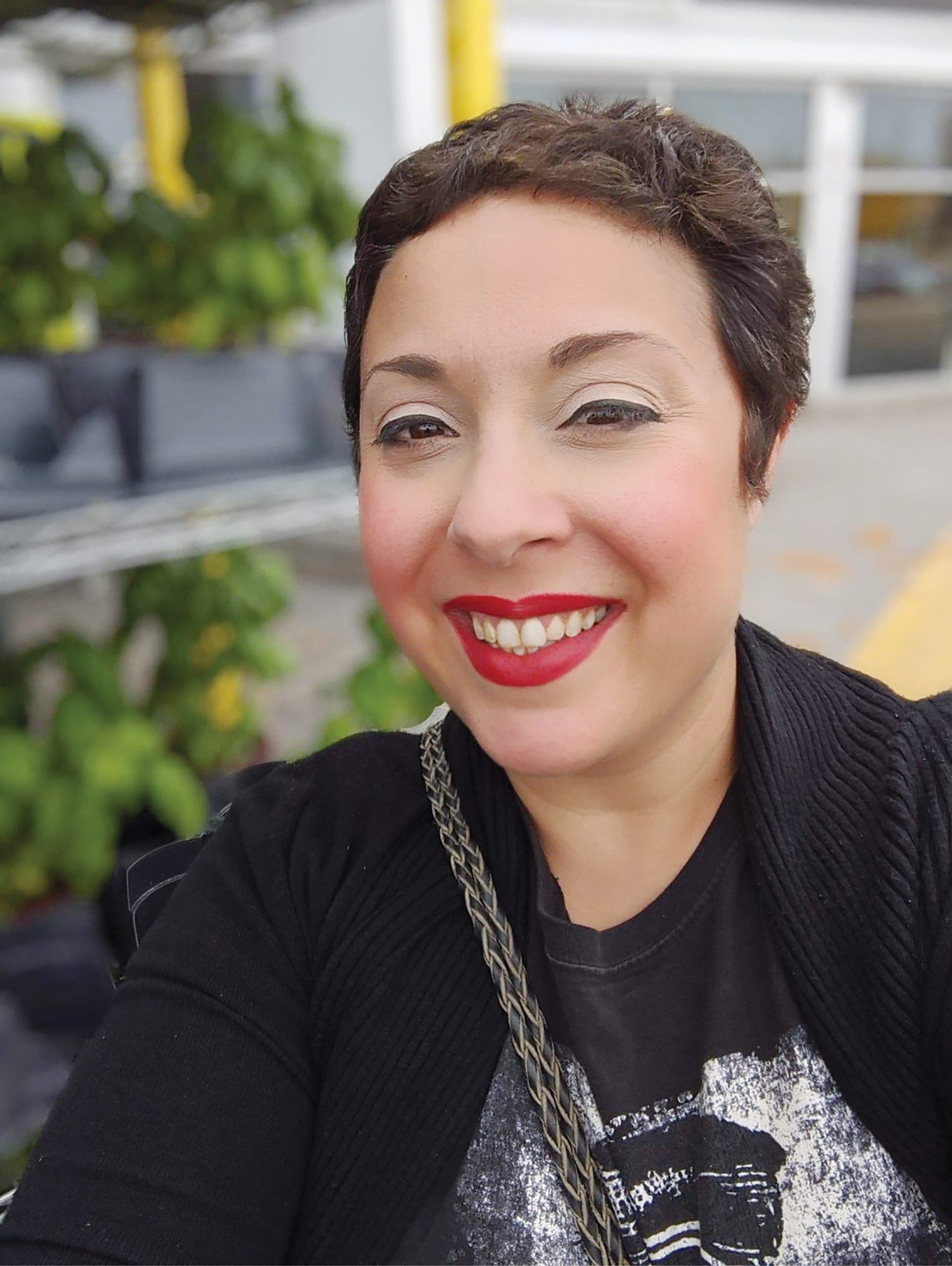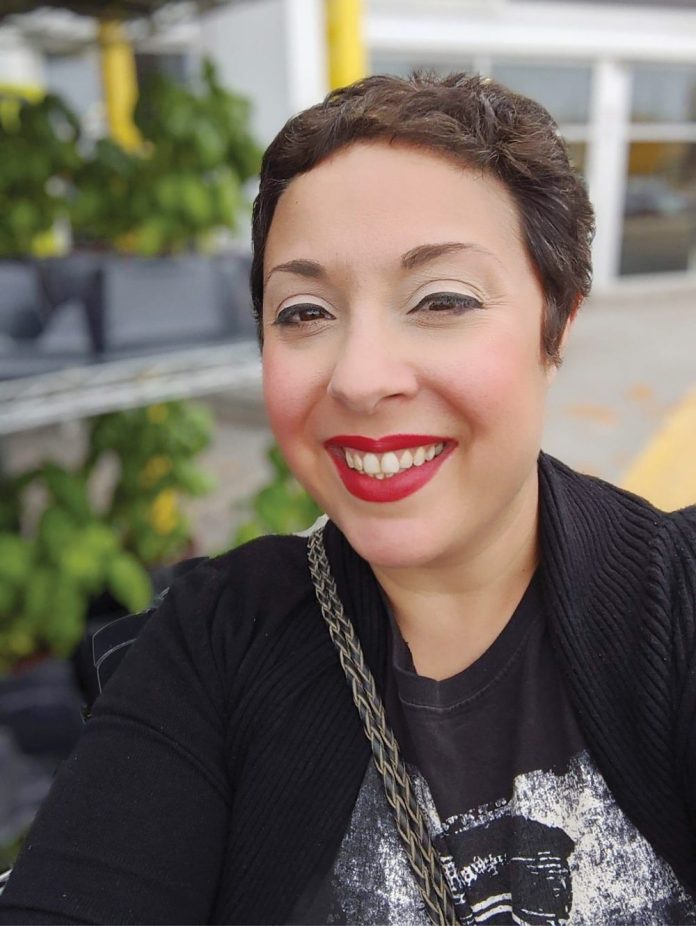
“I’m in the Westboro area. I’m married and I have two children: my youngest is two and the oldest is seven-and-a-half. I’ve continued to work full-time through my breast cancer treatment and I work in health care services with a focus in Indigenous health.
I’m from Montreal, originally, and I moved to Ottawa about 15 years ago. We love this neighbourhood because it’s the best of Ottawa, in my opinion, in terms of the strong community, the schools, [and] the neighbourhood shopping. We’ve always been very drawn to it and are really happy to be living in this community.
I’m an Ashkenazi Jew so I have the BRCA1 gene and my husband calls me the ‘poster child for genetic predisposition to cancer’ because I’ve been followed by the high risk services in Montreal and Toronto since I was 18. I was really on top of my screening and my tests and I still got it. It’s almost exactly a year ago that I got my diagnosis.
The one last MRI [before this surgery] revealed one of the most aggressive types of breast cancer you can get. And then my double mastectomy was scheduled within 10 days. I thought I was ahead of it; I thought I had a few more years. I got it in stage one but if I hadn’t been followed so closely, I wouldn’t be here today. I had exceptional health care, everyone from my surgeon, to the nurse that took my blood constantly, to the receptionist reminding me of my appointments: we are so fortunate to have such great free health services. I was 39 when I was diagnosed and I just turned 40 a couple weeks ago.
I’m not a normal woman in that sense — I’ve always been very, very high-risk. But even as a high-risk person, and even taking precautions, I probably could have done better. I think, for me, what’s important was that breast cancer does affect a younger population as well and the response was very difficult and I think that made my experience so much more [difficult] emotionally.
Because I was young, people were constantly shocked and responded to me in a way that, emotionally, I couldn’t cope with: “Oh, you’re so young. Poor you. I’m so sorry.” That is something you don’t tell a 39 year-old woman. Chemo was brutal. It was painful and I was sick and it was horrible, but what was more horrible was people’s ridiculous responses in that way. I stopped telling people after a while because I didn’t want that. That emotional energy that I had to invest in their response was the worst part.
April 3rd was my last treatment. I have almost my full energy back. I have more surgery to do, unfortunately. For the most part, I feel like myself again, but it takes five years to say that you’re ‘cancer-free’. I often tell people at that time I will exhale. ”
October is Breast Cancer Awareness Month. To learn more, visit the Canadian Cancer Society’s website at www.cancer.ca.
Collected by Hollie Grace James.
